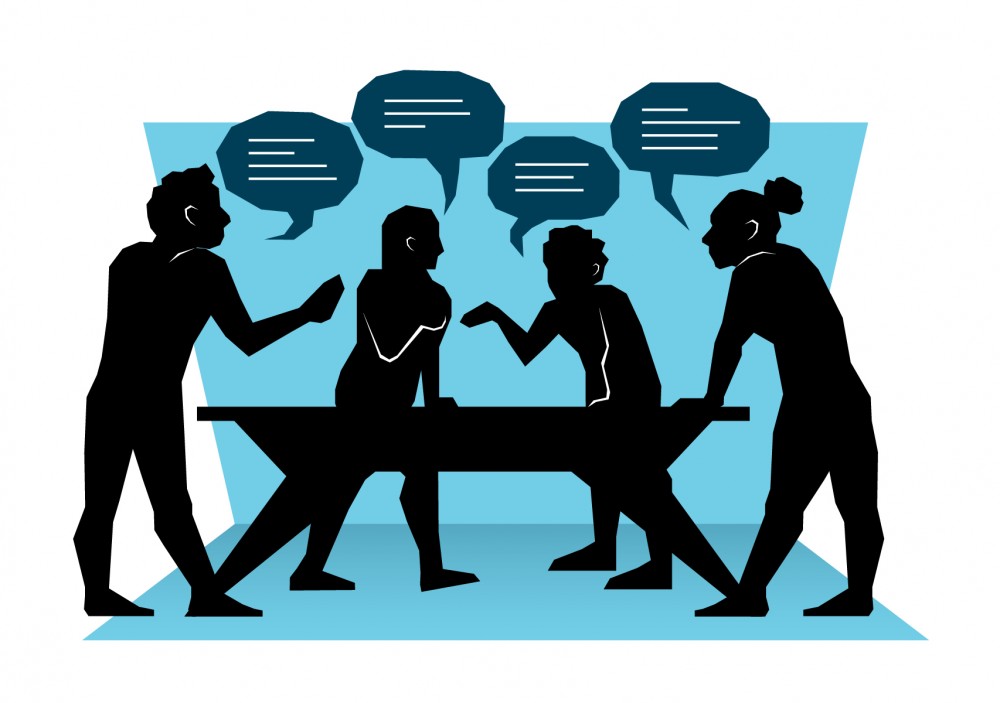It is no secret that some college majors are more difficult and competitive than others. There is possibly no field more competitive than those in science, technology, engineering, and mathematics (STEM). While the material and classes in STEM programs are challenging and incredibly draining, students are willing to put in the work and apply to these programs because they have been told that after all of the stress, there is a light at the end of the tunnel: success in the form of a high salary.
“In demand, high pay.” These are the words that describe jobs in STEM fields on CSE’s webpage entitled, “Will I get a job?” These words are undeniably enticing, but what is the cost of this anticipated success?
On the University of Minnesota’s College of Science and Engineering (CSE) academic support page, it reads, “College of Science of Engineering academic programs are rigorous and challenging. To be successful, take advantage of academic support programs, libraries, and computer labs at the University of Minnesota.”
While CSE lists links to the Disability Resources Center, SMART Learning Commons, and the University Honors Program, there is a crucial link missing. The page doesn’t include links to Boynton’s Mental Health Clinic and Student Support Services. It is difficult for students to be successful if their mental health is poor.
According to CSE’s Academic Advising unit, great strides are being made within the department to ensure that extremely demanding curriculum does not impact a student’s well being. “CSE Student Services operates with a holistic as we know that student well being and mental health, in particular, are pivotal to student success,” they said in an email to the Editorial Board.. “Staff make it a priority to not just check in with students about academics, but how they are doing overall, and refer out to resources that are appropriate.”
However, students in CSE paint a very different picture of the efforts being made to preserve their mental health.
Claire Swan, 19, is a sophomore at the University of Minnesota majoring in biomedical engineering. “The only time I’ve heard about mental health awareness is through emails, and while they list good resources, it feels like they only put them there out of obligation,” Swan said. “The resources listed are usually PAWS and Boynton, but there is nothing specialized for CSE and the amount of stress that we experience.”
Swan was also a TA for CSE 1001, an introductory course that all freshman students in CSE are required to take. While teaching the course, Swan felt like she was giving students mixed messages about the culture in CSE. “It is accepted that you are going to be stressed, and there are resources offered to freshman, but the curriculum is so difficult that it seems like the school doesn’t actually care what that does to your mental health,” she explained.“The curriculum also doesn’t allow you to process personal issues, because if you try to take time for yourself, you fall behind.”
Every student deserves to have their mental health prioritized above potential success. It is important that students are encouraged to work hard and set strong academic goals for themselves, but it is imperative that students realize their wellbeing matters. All students should feel like they can ask for help, no matter their major.









